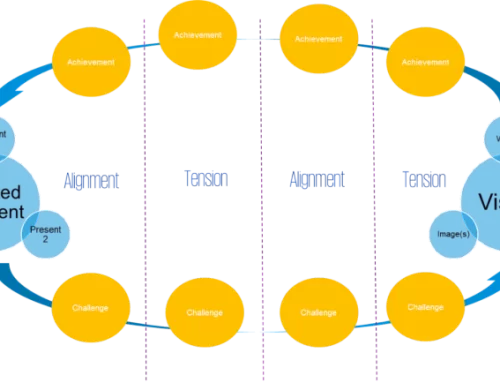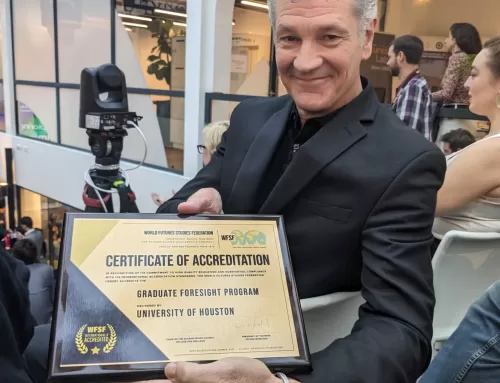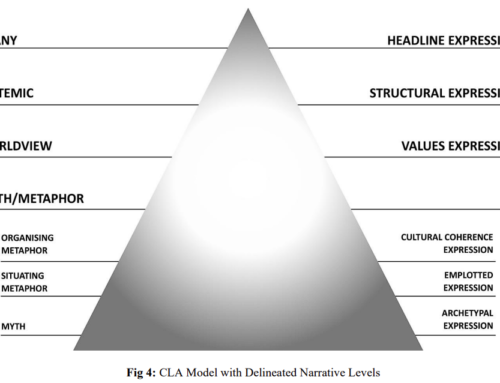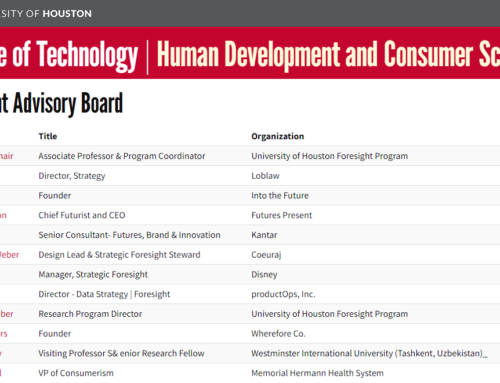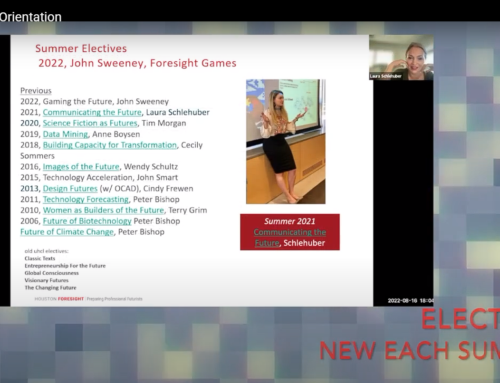 [NOTE: We will occasionally be featuring some blog posts from student scanning hits in World futures class. This one is from Joe Murphy]. Partnerships are key in a future connected by ebooks. The White house unveiled a plan on April 30 to provide $250 million dollars worth of eBooks to the nation’s less affluent children in partnership with major publishers through an app developed in conjunction with the NY Public Library. It leverages existing technology pathways and existing partners in a new way to expand reading and learning. It provides free e-books to US children from low income families in partnership with publishers, libraries, and schools. This new plan is an indicator of an expected future scenario in which equity gaps in content access are narrowed. It suggests that access to content can be a catalyst for meeting social needs through partnerships with technology players and our civic institutions.
[NOTE: We will occasionally be featuring some blog posts from student scanning hits in World futures class. This one is from Joe Murphy]. Partnerships are key in a future connected by ebooks. The White house unveiled a plan on April 30 to provide $250 million dollars worth of eBooks to the nation’s less affluent children in partnership with major publishers through an app developed in conjunction with the NY Public Library. It leverages existing technology pathways and existing partners in a new way to expand reading and learning. It provides free e-books to US children from low income families in partnership with publishers, libraries, and schools. This new plan is an indicator of an expected future scenario in which equity gaps in content access are narrowed. It suggests that access to content can be a catalyst for meeting social needs through partnerships with technology players and our civic institutions.
The included content comes from the Digital Public Library of America’s publicly available content as well as around 10,000 ebooks from the following publishers: Bloomsbury, Candlewick, Cricket Media, Hachette, HarperCollins, Lee & Low, Macmillan, Penguin Random House, and Simon & Schuster. The app is to be released “in the coming months.”
This initiative has the potential to open new impactful futures. For instance, one plausible future outcome sees US youth empowered through the provision of ebook content (access to information) as a driver for success in the social and economic areas. ‘President Obama said in a White House video broadcast from a DC public library, “No matter who you are, where you live, or how much money you’ve got, you should be able to access the world’s knowledge and information…”
The strongest new future element revealed is that partnerships are the driver of change. This is happening because parties came together to create a new overlap in outcomes that supports but stands independently from each of their individual goals.
One interesting difference to note is the diffusion of technology development. It is the New York public library, not a technology partner, that produced the mobile app. It also represents a strong future for mobile applications with their new emerging role of background platform and not being the news of note itself.
Some of the potential implications include:
- Business model shifts. This future empowers publishers pivoting their models as access to some reader groups becomes PR and a way to engage and solidify long-term readers.
- A great opportunity as we see how ebook subscription services including Oyster, Scribd, and 24Symbols are impacted and respond.
- The new partnerships for closing those access gaps will make for stronger content stakeholders. White House’s CTO Megan Smith expresses that libraries as third place can provide the internet and possibly device access.
- This puts pressure on internet providers and telecoms as free educational internet-providing players receive focus and appreciation for connecting these young Americans. Increased content consumption means increased data use providing opportunities as well as new partnership directions as internet provision is met by civic-oriented projects and startups.
- If stakeholders inspired by the opportunities of this program engage the potential we can enter a new era of serving and connecting the next groups of readers and learners. This is an opportunity that start-ups may also begin leveraging. There is now a pathway for using government or civil bodies as the fulcrum point to provide a social betterment service or product via partnerships between the public sector for development and distribution and private for-profit publishers. This raises literacy, information access levels, and customer bases while spreading the development points.
- The future is partnership driven, co-created, and leverages social betterment and long term growth with economic partner considerations. As a librarian this direction provides hope in new roles for our valuable institutions. As a futurist I see an inspiring outlook for our society. Not something we always get to say.
http://www.npr.org/blogs/ed/2015/04/30/403273087/the-plan-to-give-e-books-to-poor-kids
See also White House video https://www.facebook.com/WhiteHouse/videos/10153416270984238/
– Joe Murphy, Library Futures Consultant, Student, MS Foresight, University of Houston, libraryfuture@gmail.com –http://libraryfuture.com/

